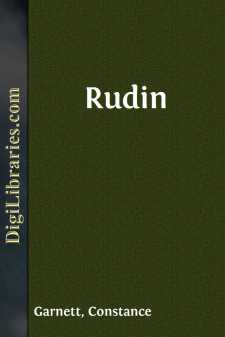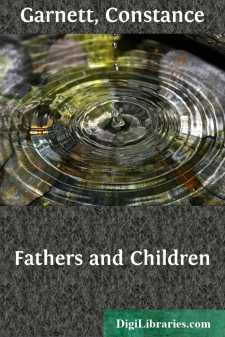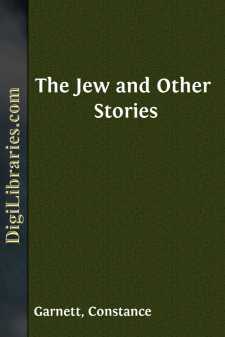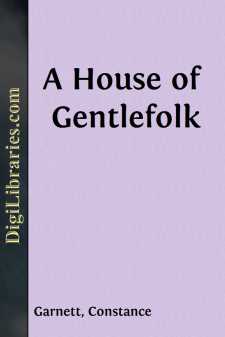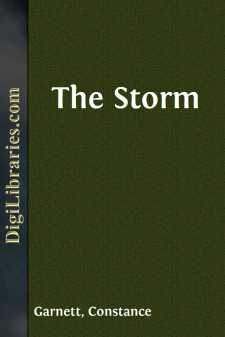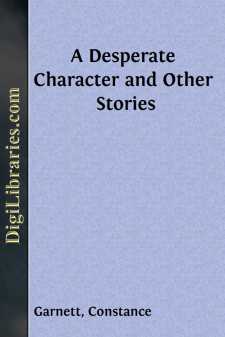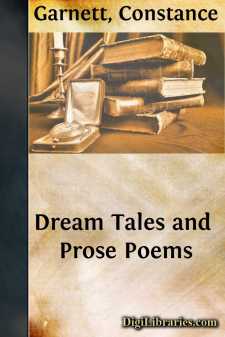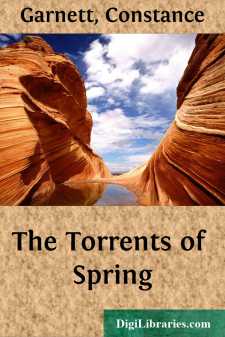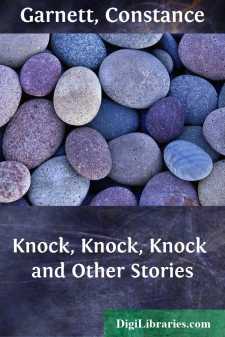Categories
- Antiques & Collectibles 13
- Architecture 36
- Art 48
- Bibles 22
- Biography & Autobiography 813
- Body, Mind & Spirit 142
- Business & Economics 28
- Children's Books 17
- Children's Fiction 14
- Computers 4
- Cooking 94
- Crafts & Hobbies 4
- Drama 346
- Education 46
- Family & Relationships 57
- Fiction 11829
- Games 19
- Gardening 17
- Health & Fitness 34
- History 1377
- House & Home 1
- Humor 147
- Juvenile Fiction 1873
- Juvenile Nonfiction 202
- Language Arts & Disciplines 88
- Law 16
- Literary Collections 686
- Literary Criticism 179
- Mathematics 13
- Medical 41
- Music 40
- Nature 179
- Non-Classifiable 1768
- Performing Arts 7
- Periodicals 1453
- Philosophy 64
- Photography 2
- Poetry 896
- Political Science 203
- Psychology 42
- Reference 154
- Religion 513
- Science 126
- Self-Help 84
- Social Science 81
- Sports & Recreation 34
- Study Aids 3
- Technology & Engineering 59
- Transportation 23
- Travel 463
- True Crime 29
Rudin
Description:
Excerpt
INTRODUCTION
I
Turgenev is an author who no longer belongs to Russia only. During the last fifteen years of his life he won for himself the reading public, first in France, then in Germany and America, and finally in England.
In his funeral oration the spokesman of the most artistic and critical of European nations, Ernest Renan, hailed him as one of the greatest writers of our times: 'The Master, whose exquisite works have charmed our century, stands more than any other man as the incarnation of a whole race,' because 'a whole world lived in him and spoke through his mouth.' Not the Russian world only, we may add, but the whole Slavonic world, to which it was 'an honour to have been expressed by so great a Master.'
This recognition was, however, of slow growth. It had nothing in it of the sudden wave of curiosity and gushing enthusiasm which in a few years lifted Count Tolstoi to world-wide fame. Neither in the personality of Turgenev, nor in his talent, was there anything to strike and carry away popular imagination.
By the fecundity of his creative talent Turgenev stands with the greatest authors of all times. The gallery of living people, men, and especially women, each different and perfectly individualised, yet all the creatures of actual life, whom Turgenev introduces to us; the vast body of psychological truths he discovers, the subtle shades of men's feelings he reveals to us, is such as only the greatest among the great have succeeded in leaving as their artistic inheritance to their country and to the world.
As regards his method of dealing with his material and shaping it into mould, he stands even higher than as a pure creator. Tolstoi is more plastical, and certainly as deep and original and rich in creative power as Turgenev, and Dostoevsky is more intense, fervid, and dramatic. But as an artist, as master of the combination of details into a harmonious whole, as an architect of imaginative work, he surpasses all the prose writers of his country, and has but few equals among the great novelists of other lands. Twenty-five years ago, on reading the translation of one of his short stories (Assya), George Sand, who was then at the apogee of her fame, wrote to him: 'Master, all of us have to go to study at your school.' This was, indeed, a generous compliment, coming from the representative of French literature which is so eminently artistic. But it was not flattery. As an artist, Turgenev in reality stands with the classics who may be studied and admired for their perfect form long after the interest of their subject has disappeared. But it seems that in his very devotion to art and beauty he has purposely restricted the range of his creations.
To one familiar with all Turgenev's works it is evident that he possessed the keys of all human emotions, all human feelings, the highest and the lowest, the noble as well as the base. From the height of his superiority he saw all, understood all: Nature and men had no secrets hidden from his calm, penetrating eyes....


